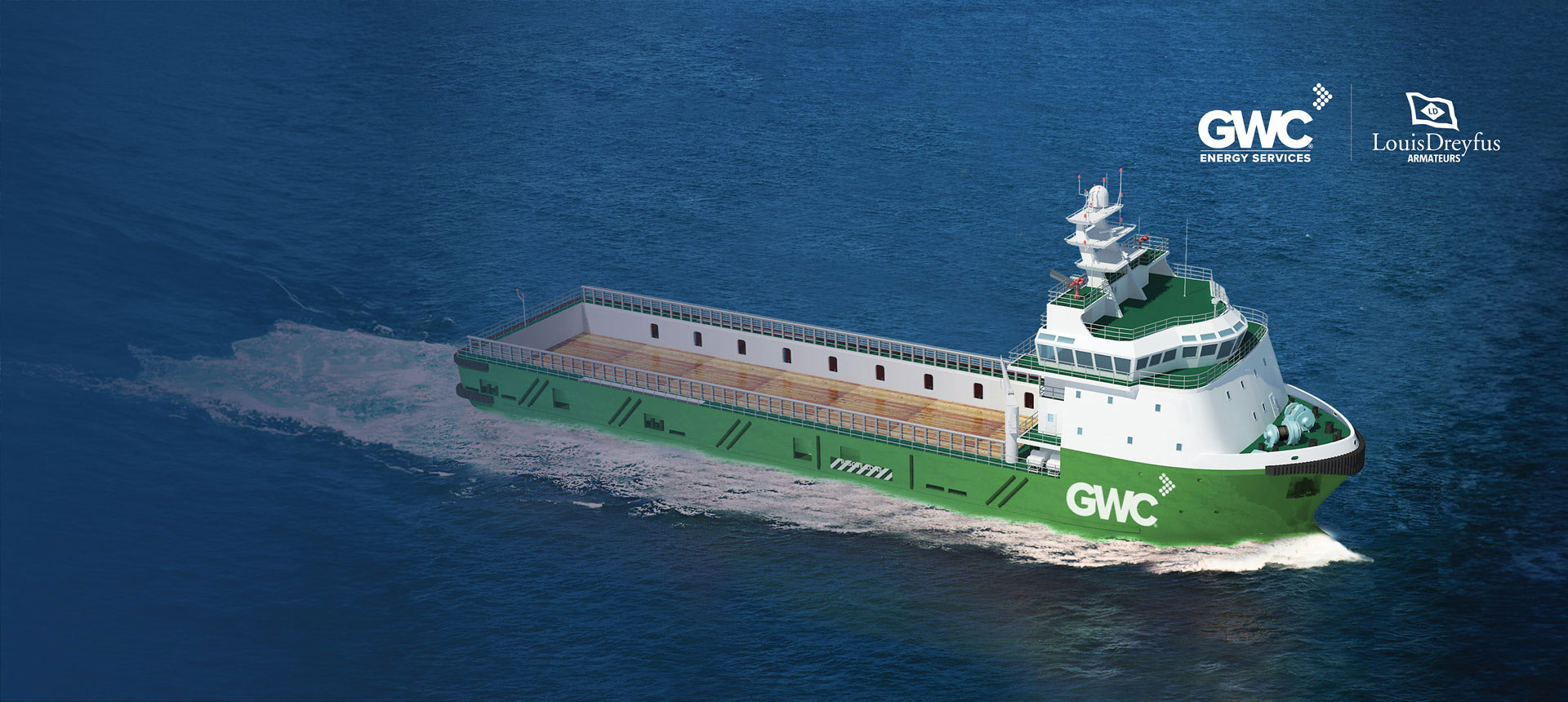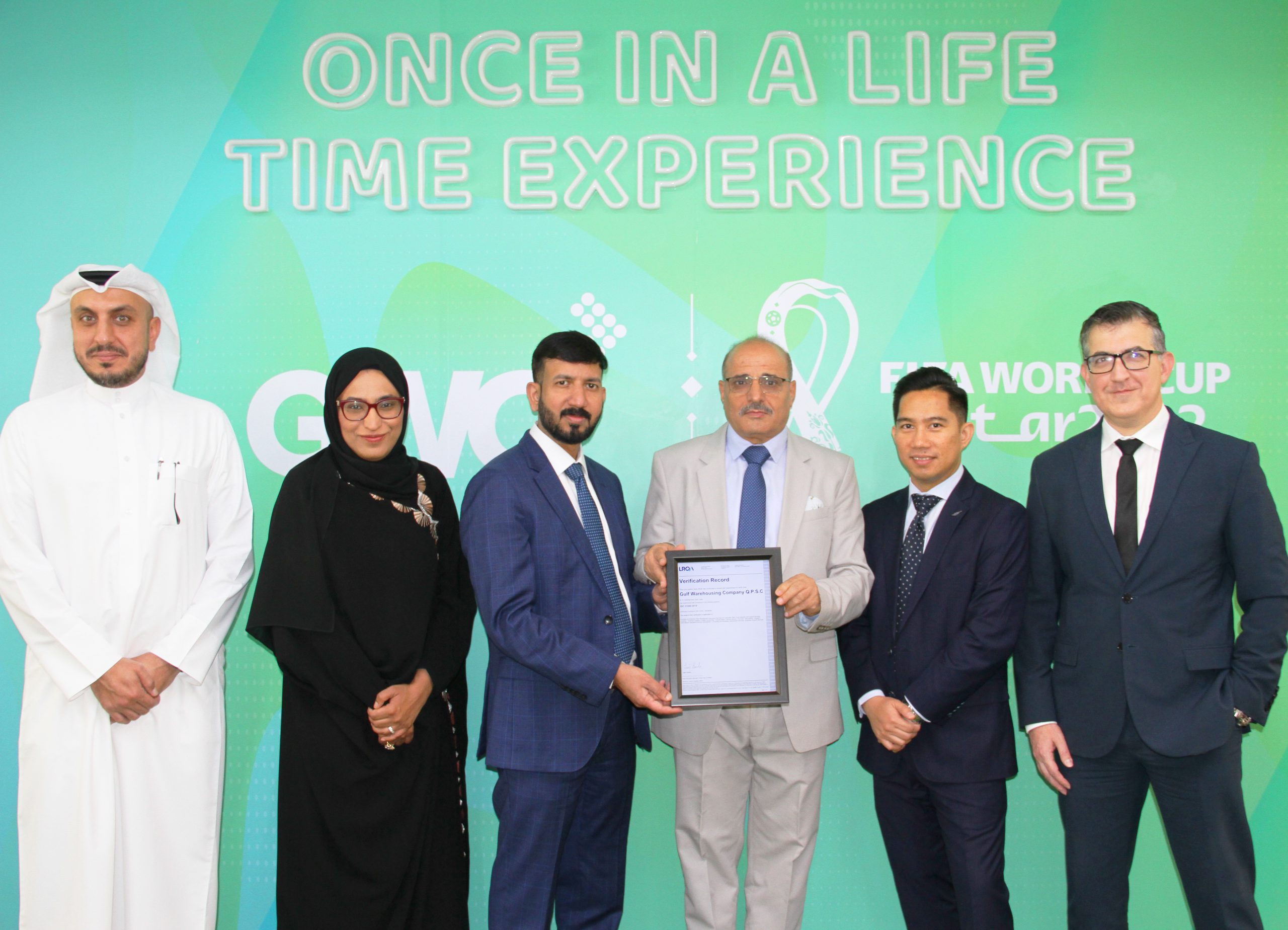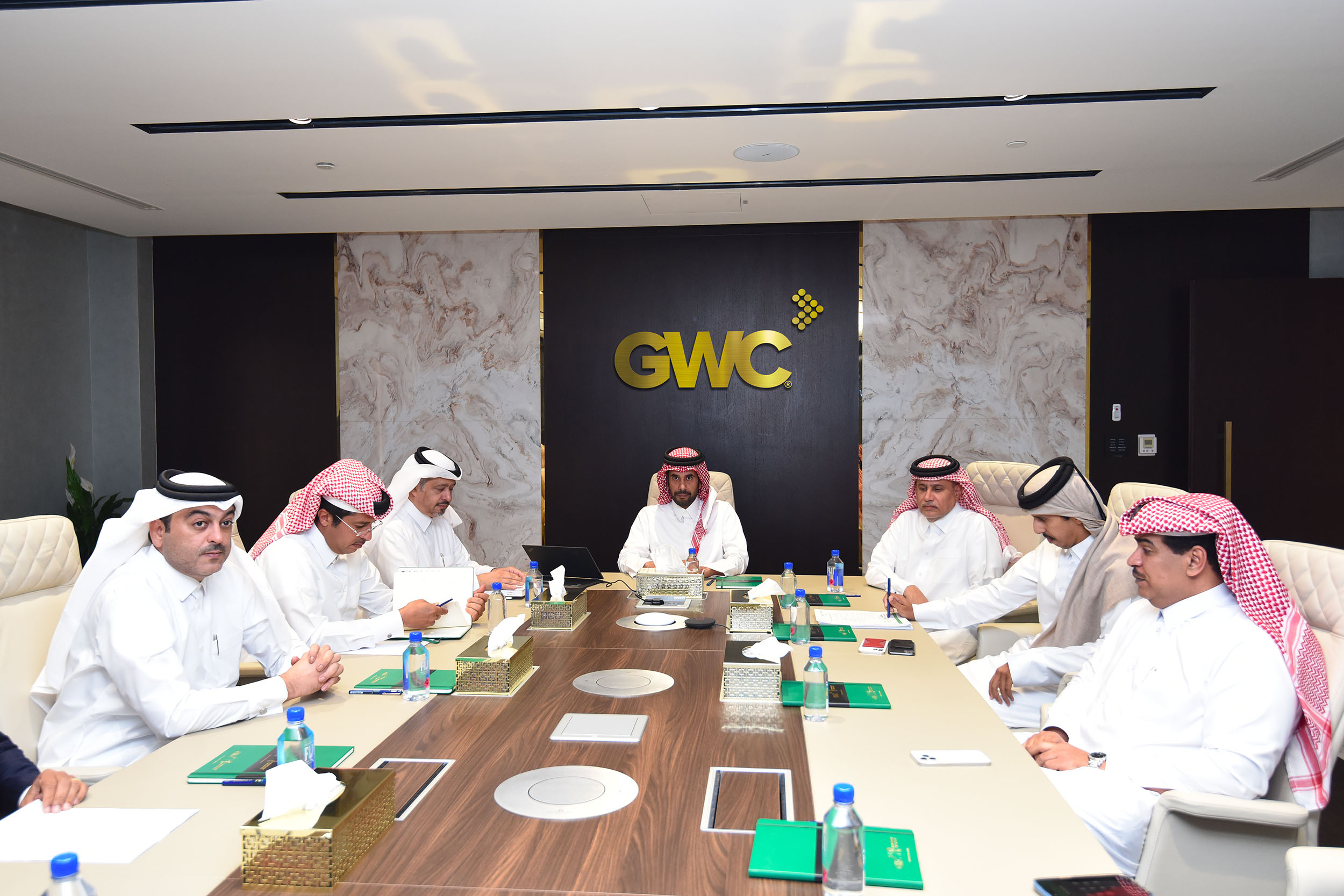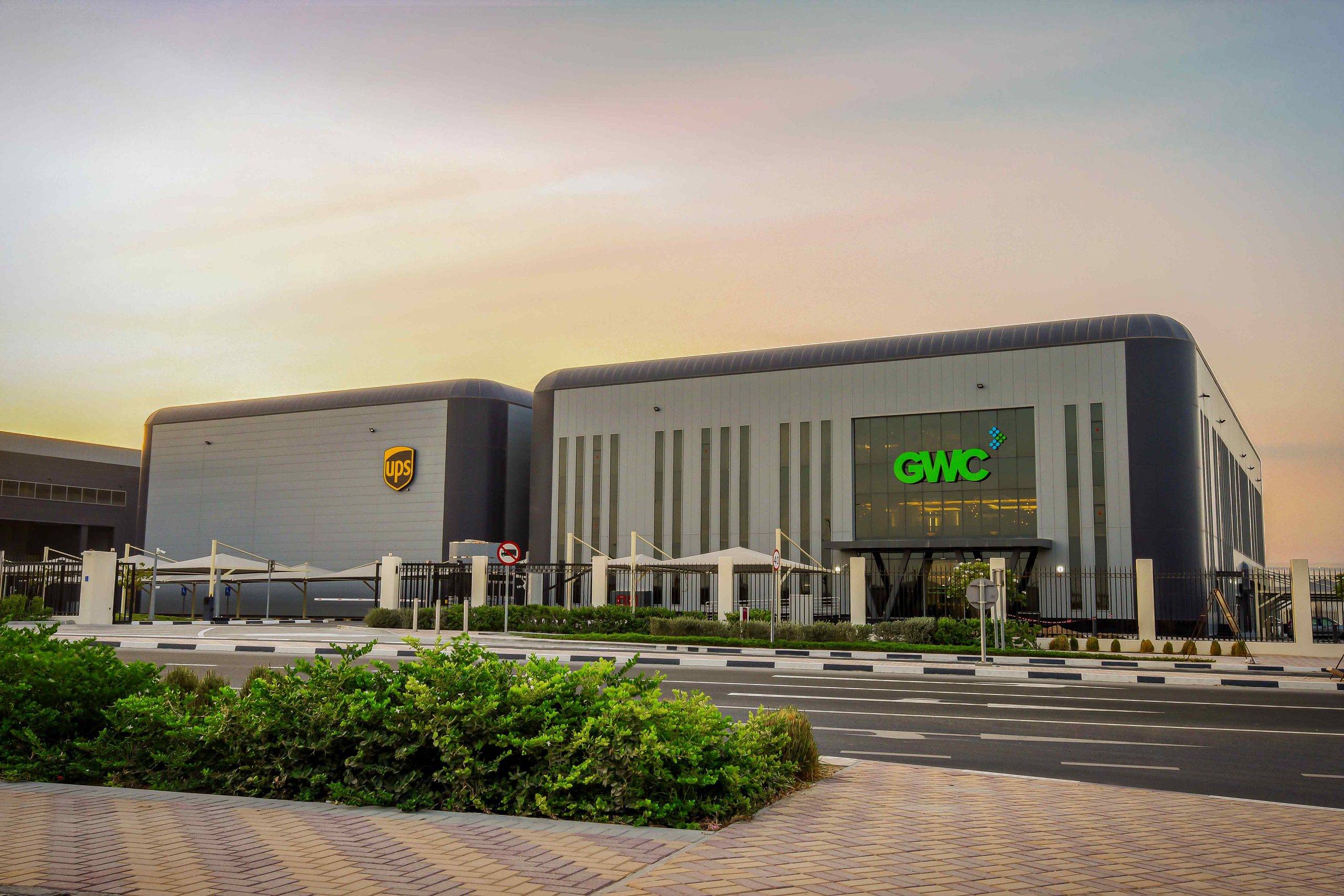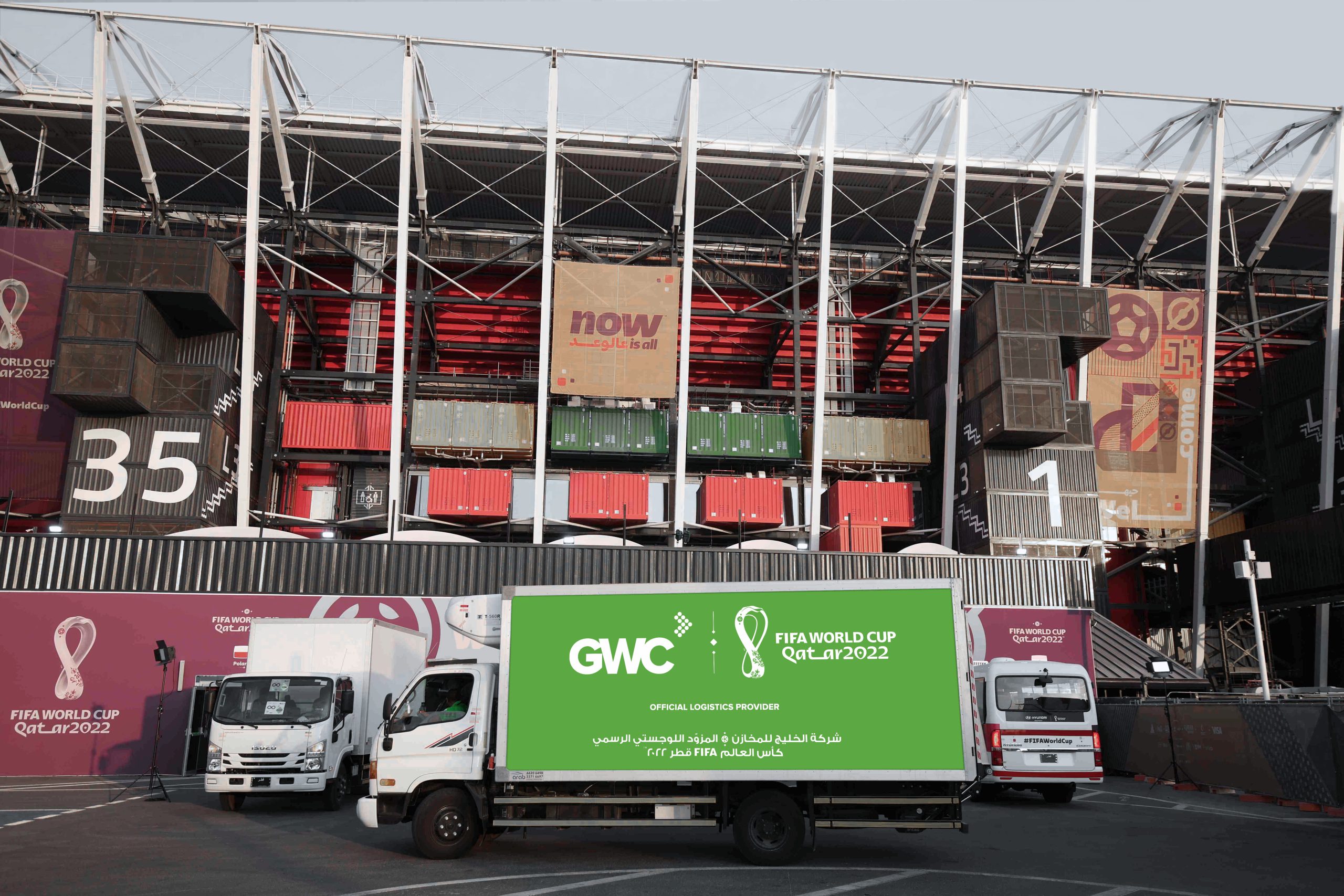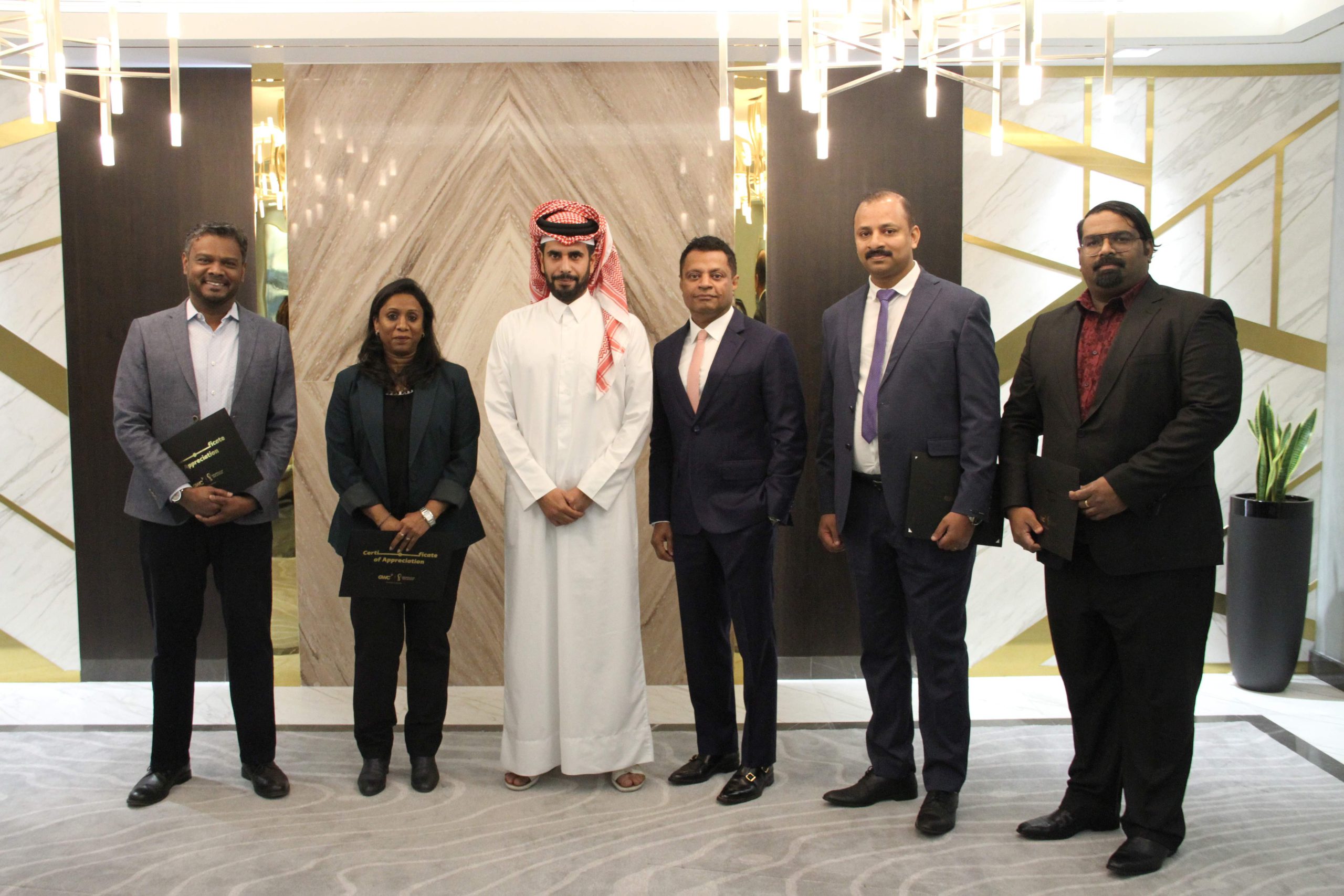GWC Forum 2022 a resounding Success
Forum highlights the pivotal role of MSMEs in powering Qatar’s economy
With just little over a fortnight to go for the greatest show on earth, the GWC Forum 2022 set the spirit of the soon-to-be-staged FIFA World Cup Qatar 2022™ Games into motion. The second annual Forum, titled ‘Ready for the Game’, highlighted how Qatar’s economy will continue to flourish after the World Cup.
The event kicked off with opening remarks from the special guest speaker FIFA Secretary General, Fatma Samoura, who addressed the forum with a video message. During her video address, Samoura said: “MSMEs represent the backbone of a successful and diverse economy. They create jobs and foster innovation. Qatar has been a hive of innovation in recent years – developing cooling technologies for stadiums and state-of-the-art public transport infrastructure, including the Doha Metro and light rail tram systems.”
“GWC, its partners and stakeholders are utilising the assets and experience of hosting the FIFA World Cup to deliver an economic legacy that is aligned with Qatar National Vision 2030. One of Qatar’s great strengths is its determination to leverage the power of hosting the FIFA World Cup like no other country in history. And it is heartening to see that legacy being delivered even before the big kick-off.” She added.

Dhooma said hosting the FIFA World Cup in Qatar had raised the bar for a vast number of businesses.
“There is a better understanding of international requirements as a result of the World Cup,” he commented. “Many businesses now have FIFA on their CV. This helps them to grow. When they work with FIFA, they’re working to an international standard. It is great for whatever Qatar does in future – whether it is sporting events, conferences or anything else. You should also consider the people involved in the organising committee – they will be thinking how they can create companies and take their services around the world. Working on a World Cup gives people confidence.”
Al Nuaimi said the SC had worked closely with MSMEs in Qatar and the region on a large number of infrastructure projects, including stadium developments.
“We have been engaging MSMEs from the start, whether it is building stadiums or training sites. A number of businesses will be involved in the entertainment and fan experience activations during the World Cup, including event companies and food and beverage businesses. Whenever we have opportunities, we make sure to involve MSMEs – many businesses have been developed here since Qatar won the rights to host the World Cup.”
Berberoglu commented on Coca-Cola’s commitment to working with MSMEs.
“We support a large number of businesses and help them take advantage of opportunities,” said Berberoglu. “We always try to take a long-term approach and build a sustainable ecosystem. One example came during COVID-19 when we helped small businesses create home delivery strategies and worked with them to digitise their businesses so they could better serve their customers.”
She also spoke about two main issues addressing the 21st century. Women Empowerment and Recycling / Waste Management. “Under the directives of Coca Cola, we have been driving our market under these guidelines and empower women and also make sure we pay a careful attention to the recycling industry of our bottling plants across the world,” she asserted.
Maaz outlined GWC’s contribution to the MSME sector, including the development of 4 million square meters of logistics infrastructure and an ever-expanding ecosystem for small enterprises.
“The MSME sector has grown a lot in the last 10 years and is now a major driver for the economy,” said Maaz. “GWC has created an infrastructure to make it easy for MSMEs to set up in business. We are now managing a huge amount of warehousing in the country, including Al Wukair Logistics Park, which was built specifically to support MSMEs.”

Nahas spoke on three points related to MSME’s namely startups, home grown businesses and commercial / small shop owners.
“We go out of our way to assist all three levels of MSME’s with innovative ideas to equip them for the current and future build of their company,” he emphasized.
Dr. Christos Anagnostopoulos, Assistant Professor, Hamad Bin Khalifa University observed that they have been doing research for the last 10 years and will continue to use this in the development not only for potential World Cup organizers, but also the MSME’s in their quest for market intelligence which will equip them on the global stage. “They will also help MSME’s to leverage their geographical location of Qatar to the region and Middle East,” he noted.
Hamad Al Abdan, Director of Business Development & Investment Promotion, Ministry of Commerce of Industry, gave a presentation about the 1,000 Opportunities scheme, which invites businesses in the private sector to partner with global brands. He also discussed the business ecosystem in Qatar, describing the FIFA World Cup as a golden opportunity for the country’s economy to prosper in future.
Aysha Khalifa Al Romaihi, Manager of Special Programmes – Incubation, Qatar Development Bank (QDB), gave a presentation about Scale7 – the country’s first fashion and design incubator, set up to support creative entrepreneurs.
The final workshop was led by Dr Adel Elomri Assistant Professor, HBKU, and Dr Laoucine Kerbache, Professor, HBKU, and focused on the research undertaken to track the impact of Qatar’s FIFA World Cup and how the education sector can work with industry to support students and alumni.
Following the event, Ranjeev Menon, Group CEO, GWC, said: “GWC is proud to be at the forefront of MSME development – helping the current and next generation of businesses in Qatar as the country aims to deliver the goals of Qatar National Vision 2030.”
“This year’s forum has illustrated the impact of hosting the FIFA World Cup and how Qatar is leveraging the numerous opportunities that hosting a sporting mega-event offers. We look forward to continuing our work with partners across various industries as we strive to power Qatar’s economy long into the future.”
Menon continued: “I would like to thank all our valuable partners and stakeholders for taking part in another successful edition of the GWC Forum. We look forward to continuing the conversation as Qatar reaps the benefits of hosting the FIFA World Cup in legacy mode.”
The forum partners included QNB Group as strategic partner, research partner Hamad Bin Khalifa University (HBKU), media partner beIN SPORTS and Floward the gift sponsor.
The discussions were moderated by Al Jazeera English Senior Presenter Emily Angwin.

